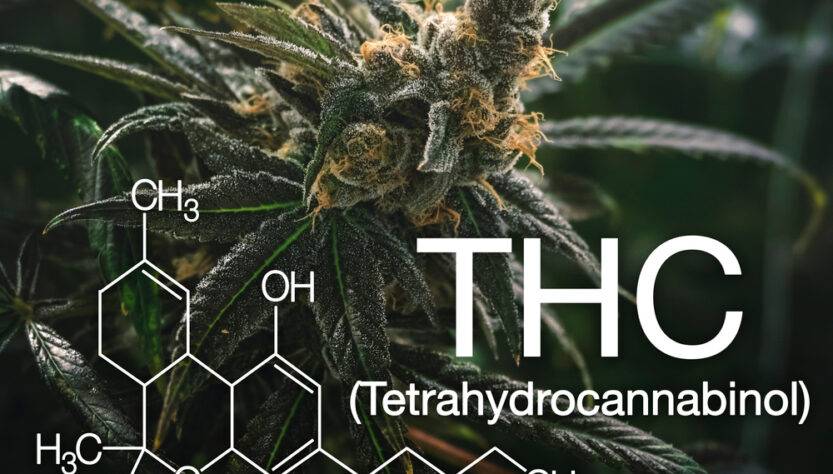Hemp farmers in North Dakota are free to produce and ship crops at will. The only condition they must adhere to is maintaining THC levels at 0.3% or less. That is the amount allowed by federal law to classify a cannabis plant as industrial hemp. If plants exceed the 0.3% threshold, they cannot be harvested and shipped. But in such situations, there may be a solution in something known as THC remediation.
What actually constitutes THC remediation isn’t quite clear, but a North Dakota company that specializes in CBD extraction says it’s now working on the problem and should have a solution in the near future. The company, 1881 Extraction Co., is located in Hillsboro.
The Legal Definition of Hemp
The need for THC remediation is rooted in the federal government’s definition of hemp. Prior to the 2018 Farm Bill, it was illegal for U.S. growers to produce hemp. But in making it legal, Washington also differentiated between hemp and marijuana by establishing the 0.3% THC threshold.
Biologically speaking, hemp and marijuana are the same type of plant. They are both cannabis plants. Washington’s decision to classify hemp as cannabis with a lower THC volume was designed to ensure that growers could still produce cannabis without growing plants that can make people high.
Unfortunately, even cannabis strains developed specifically to keep THC levels low can go bad. Everything from environmental conditions to plant stress can cause the THC level in nearly any hemp to spike. This is why federal regulators caution growers to test their plants on a regular basis. Any plants that exceed the legal threshold cannot even be harvested, let alone shipped.
Pre- or Post-Harvest Remediation?
Understanding that non-compliant plants cannot even be harvested, one wonders how THC remediation would be applied. Is there something growers can do to their plants to bring THC back down prior to harvest? Or is 1881 Extraction’s remediation process a post-harvest process? If it is the latter, something in state or federal law will have to change.
A post-harvest method would ostensibly allow growers to reduce THC content before they ship. But that seems to be the long way around a rather simple problem. How so? Because biomass shipped to processors is normally put through an extraction process anyway. Processors extract and separate CBD, THC, and most of the other cannabinoids and terpenes in cannabis biomass.
Federal and state laws do not allow for that without a special license because, like it or not, cannabis with more than 0.3% THC is still marijuana. So it would seem that any THC remediation process that satisfies federal law would have to be applied pre-harvest. Ultimately, we will have to wait to see what the company introduces.
Extracting CBD after Remediation
Assuming that the THC remediation process will be pre-harvest, it will be interesting to see how it affects CBD extraction after the fact. CedarStoneIndustry, a Houston company that manufactures CBD extraction and marijuana distillation equipment, says that different extraction methods produce different strengths and consistencies in terms of CBD oil. Pre-harvest remediation could affect the results of any extraction method.
Hemp growers in North Dakota anxiously await the THC remediation solution 1881 Extraction is working on. While they wait, they still have to test their plants to make sure they meet the legal threshold for industrial hemp. Attempting to harvest and ship plants that exceed the legally allowed levels of THC could get a grower in big trouble.
Let us hope the remediation solution is ready soon. Hemp growers sure would like to get the THC monkey off their backs.

